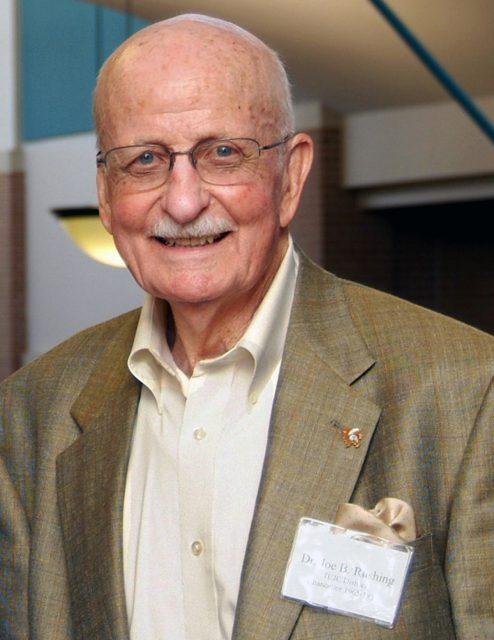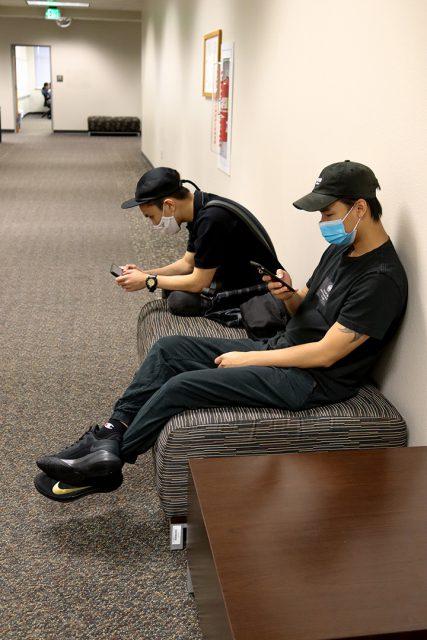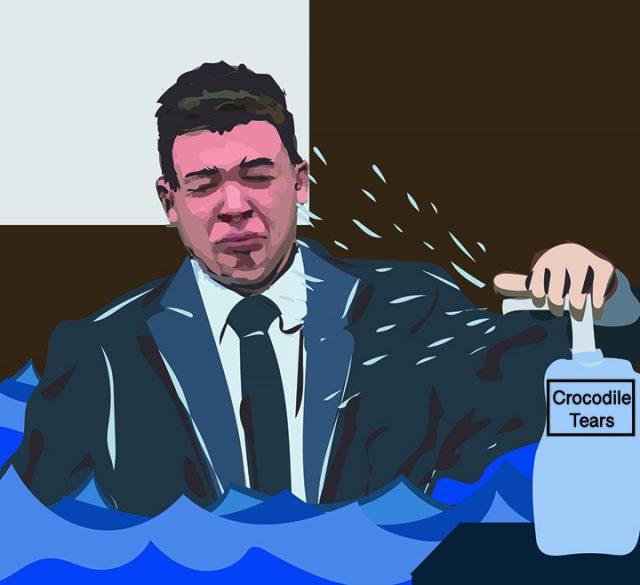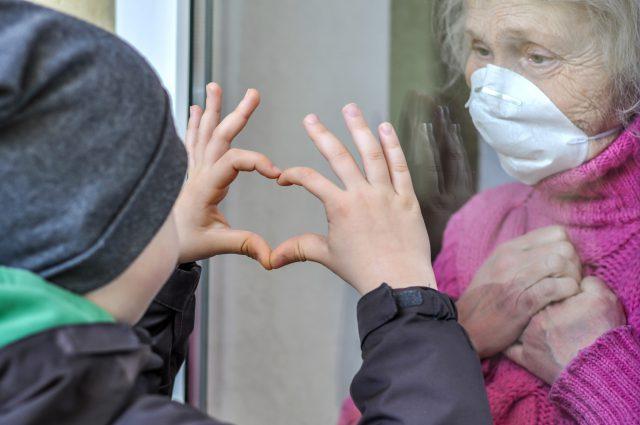Travis Rackley
reporter
Homosexual behavior was a crime in all 50 states before 1961, and just being gay was considered a mental illness by the Diagnostic and Statistical Manual of Mental Disorders, which is the standard classification used by mental health professionals in the U.S. until 1973. These are just a few of the struggles faced by the LGBTQ community at TCC and beyond, according to a virtual presentation Oct. 27.
“They were being persecuted by the police and the public,” history professor Karen Wisely said.
From the early more conservative Homophile Movement in the 50s to the more radical Gay Liberation Front, all the way to more modern progress brought about by the Obergefell v. Hodges Supreme Court decision in 2015 that recognized same sex marriage nationwide, Wisely presented the long arduous road faced by the LGBTQ community.
Then Wisely shared the event believed to have caused the biggest shift in strategy within the LGBTQ activists and community — the Stonewall Riots.
“That police raid changed the movement forever,” Wisely said.
Wisely said the Stonewall Inn was a notorious gay bar in New York and was often a gathering place for various members of the LGBTQ community wanting their own safe space to avoid public scrutiny.
“Stonewall welcomed trans women and Drag queens,” Wisely said. “It was illegal to quote ‘Impersonate another gender’ back then.”
Police would raided gay bars because they often lacked liquor licenses from the states due to discriminatory practices, she said. On June 28, 1969, the police did a surprise raid on the Stonewall Inn and issued tickets to patrons and recorded their identities and gave them to local media outlets to be outed in front of the community, which was devastating to one’s personal reputation and livelihood back then.
Then she said cops arrested anyone who would be considered gender non-conforming as it was considered a crime to “impersonate another gender” and be brought into the back of police vehicles. The events that followed are debated amongst the LGBTQ community, but what she said is certain is that an individual threw rocks at the police in protest and that incite others to follow suit.
A four-day riot commenced.
Wisely said the riots sparked a wave of protest marches throughout the country. It shifted the political strategy of mainline LGBTQ activists from conservative education and passive resistance to a more direct, in-your-face marching and protests that spawned modern pride movements, she said.
TCC student activities coordinator Ana Contreras said they hosted the event in honor of LGBTQ History Month and hoped for a large turnout of faculty, staff and students. And while turnout was more modest than expected, the presentation was informative and well regarded by one attendee.
“I think that it is great is doing such a fantastic job of bringing awareness of the struggles and inequalities faced by people who identify as the LGBTQ+. TCC shows a commitment in ensuring that we offer safe spaces for all individuals,” NW instructional technician Carmen Wise said.






































